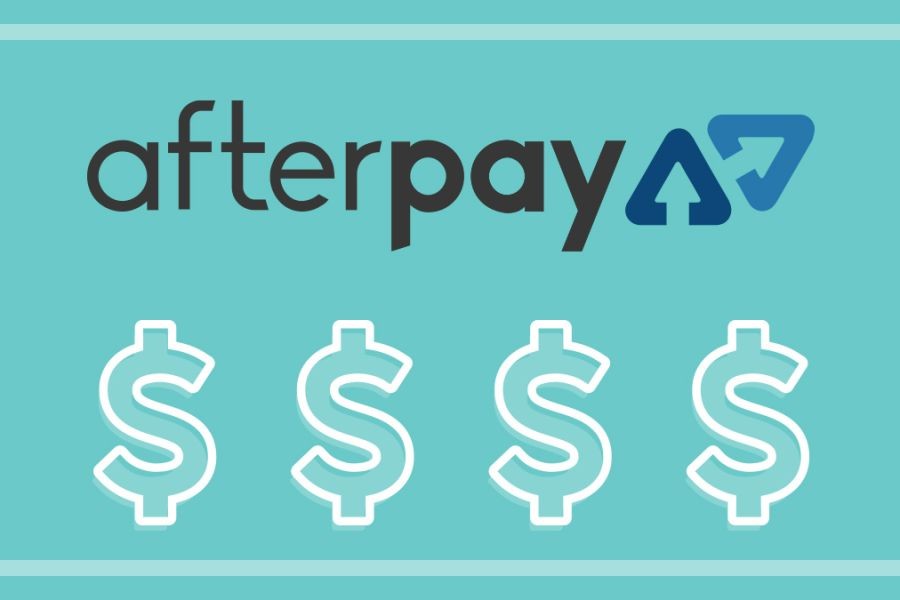In Australia, the allure of buying now and paying later has swept across the nation, with Afterpay being a leading player in the Buy Now, Pay Later (BNPL) market. While Afterpay offers undeniable convenience and flexibility, especially for smaller purchases, using it for significant expenditures can lead to financial pitfalls. This article explores seven compelling reasons why leveraging Afterpay for big purchases might not be the best financial decision for Australians.
1. Accumulating Debt
One of the most pressing concerns with using Afterpay for large purchases is the risk of accumulating debt. According to the Australian Securities and Investments Commission (ASIC), BNPL users are twice as likely to overdraw their bank accounts, borrow additional money, or be late paying bills compared to non-BNPL users. When large purchases are broken down into smaller, more palatable payments, consumers may underestimate their financial commitments, leading to a snowball effect of debt accumulation.
2. Negative Impact on Credit Score
While Afterpay does not typically report directly to credit bureaus, missed payments can be referred to debt collectors, which can ultimately affect your credit score. In a country where credit health is crucial for obtaining loans, mortgages, and even rental agreements, any misstep with payment plans like Afterpay can have lingering consequences. The Reserve Bank of Australia (RBA) has noted an increase in the use of credit scores to assess financial health, making it imperative for Australians to maintain a clean credit history.
3. Over-reliance on BNPL Services
The convenience of Afterpay may lead to an over-reliance on BNPL services, encouraging consumers to make purchases they cannot afford upfront. The Australian Bureau of Statistics (ABS) reported a 17% increase in BNPL transactions from 2022 to 2023, reflecting a growing dependency on these services. For large purchases, this dependency can stretch budgets beyond their limits, leading to financial strain.
4. Hidden Fees and Charges
While Afterpay promotes zero interest, late payment fees can quickly accumulate. ASIC's research indicates that one in five consumers miss payments, resulting in significant fees. For large purchases, these fees can become substantial, negating any initial savings or benefits. The Australian Competition and Consumer Commission (ACCC) has emphasized the importance of understanding all terms and conditions associated with BNPL services to avoid unexpected financial burdens.
5. Lack of Consumer Protections
Unlike credit cards, BNPL services like Afterpay are not currently subject to the same stringent consumer protection regulations in Australia. This means that consumers may not have the same recourse in disputes or issues with purchases. The ACCC is actively reviewing the regulatory framework for BNPL services, but until stricter regulations are in place, consumers should be cautious, particularly with large transactions.
6. Encouragement of Impulse Buying
The very nature of Afterpay encourages impulse buying by allowing consumers to delay the financial impact of their purchases. The temptation to buy more than necessary is amplified with larger purchases, which can lead to buyer’s remorse and financial strain. A study by the University of Sydney revealed that impulse buying often results in a 30% overspend, highlighting the dangers of making big purchases without immediate financial commitments.
7. Budget Management Challenges
Managing a budget becomes significantly more complex when large expenses are divided into multiple smaller payments. This can obscure the true cost of purchases and complicate monthly budgeting efforts. The Reserve Bank of Australia has noted that effective budget management is crucial for financial health, and using Afterpay for large purchases can hinder the ability to track and control spending effectively.
Case Study: Australian Consumer Group's Findings
An Australian Consumer Group conducted a study on the impact of BNPL services on consumer finances. The study found that 40% of users had difficulty managing their payments and experienced financial stress as a direct result of using BNPL services for large purchases. This case study underscores the importance of careful consideration before using Afterpay for significant financial commitments.
Pros and Cons Evaluation
Pros:
- Convenience: Allows consumers to acquire goods without immediate full payment.
- No Interest: Unlike credit cards, Afterpay does not charge interest if payments are made on time.
Cons:
- Debt Accumulation: Small, manageable payments can lead to large debt over time.
- Fees: Late payment fees can quickly add up, particularly with large purchases.
- Credit Score Risk: Potential negative impact if payments are missed and referred to collections.
- Impulse Buying: Encourages purchases without immediate financial consideration.
Future Trends & Predictions
The BNPL market in Australia is expected to continue growing, with the ABS predicting a 25% increase in BNPL transactions by 2025. However, with the ACCC and ASIC scrutinizing the sector, more regulations and consumer protections are likely to be introduced. Australians should monitor these changes and consider their long-term financial health when using BNPL services for large purchases.
Conclusion
While Afterpay offers a convenient payment solution, particularly for smaller purchases, it is not without risks. For significant expenditures, the potential for debt accumulation, credit score impact, and financial mismanagement makes it a less advisable option. Australians should weigh these factors carefully and consider alternative payment methods that align with their financial goals and stability.
People Also Ask
- How does using Afterpay for big purchases affect Australians? Using Afterpay for large purchases can lead to accumulating debt and financial stress, as revealed by a study from the Australian Consumer Group.
- What are the biggest misconceptions about Afterpay? A common myth is that Afterpay is free if used correctly. However, late fees and potential credit score impacts are significant risks.
- What are the best strategies for managing BNPL services? Experts recommend setting clear budgets, tracking all payments, and ensuring all BNPL commitments are manageable within your financial plan.
Related Search Queries
- Afterpay and credit score impact
- BNPL services in Australia
- Managing Afterpay debts
- Alternatives to Afterpay for big purchases
- Consumer protection in BNPL


































MarjorieVa
7 months ago